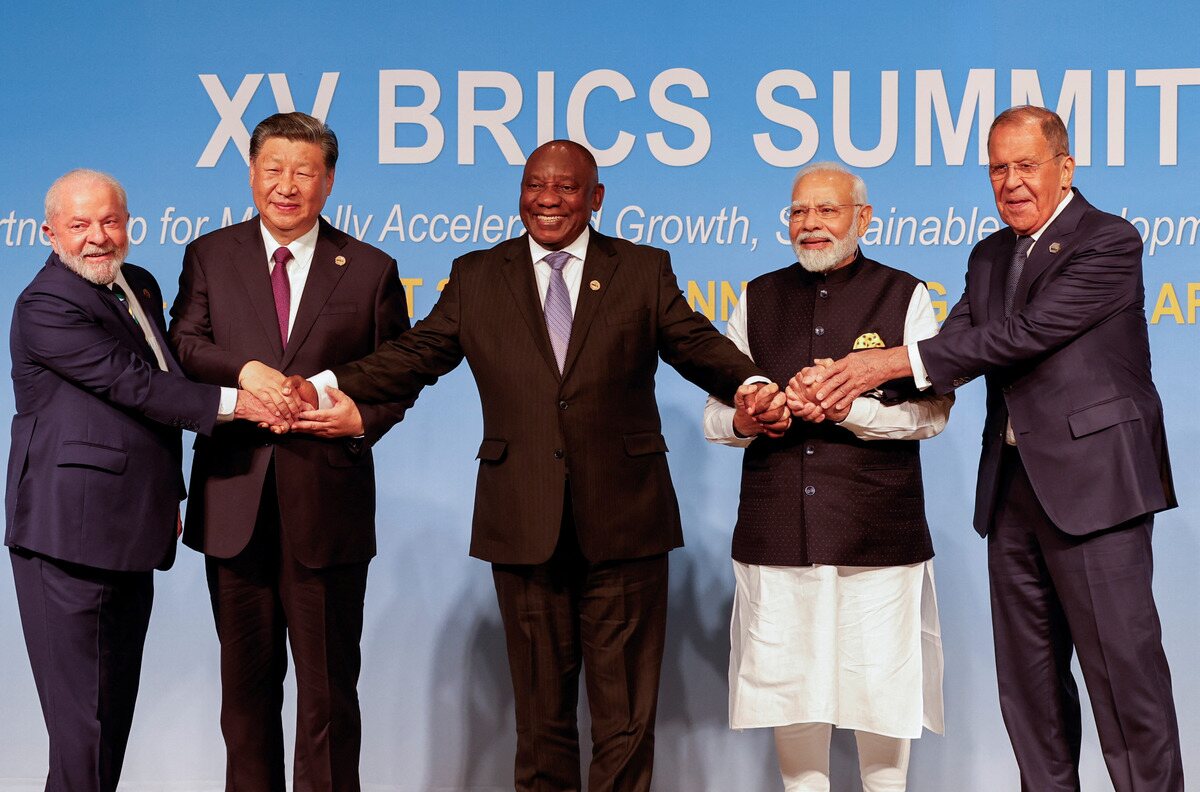The issue of expanding the BRICS group has taken center stage at the three-day summit held in Johannesburg. While all BRICS members have publicly shown support for the bloc’s growth, differing opinions among the leaders have emerged regarding the extent and pace of this expansion.
During the summit, South Africa’s foreign minister, Naledi Pandor, announced on Wednesday that BRICS leaders have reached a consensus on the mechanisms for evaluating potential new members. She stated, “We have agreed on the matter of expansion.”
Pandor mentioned that they have adopted a document outlining guidelines, principles, and processes for evaluating countries aspiring to join BRICS. She expressed her optimism, stating that this development is a positive step forward.
However, according to Reuters, the leaders have not yet signed a finalized admission framework. This indicates that the process of establishing the framework for admitting new members is still ongoing.
Read more: Saudi, UAE, among 6 countries agreeing to join BRICS
Multipolar world
UAE President Mohammed bin Zayed Al Nahyan said the country looks forward to working with BRICS for the benefit of all, and is looking forward to joining the bloc.
China, a prominent member of the bloc, has consistently advocated for the expansion of BRICS as a strategy to promote a multipolar world order and counterbalance Western influence.
China’s President Xi Jinping acknowledged that the world has entered a new era of turbulence and transformation. He emphasized the importance for the BRICS countries to uphold their founding purpose of strengthening themselves through unity. President Xi Jinping stated that it is crucial for the BRICS countries to always keep this objective in mind.
India and Brazil
In contrast, both Brazil and India have been actively cultivating stronger relationships with Western nations.
Brazil’s President Luiz Inacio Lula da Silva dismissed the notion that the bloc should aim to compete with the United States (U.S.) and the Group of Seven (G7) wealthy economies.










